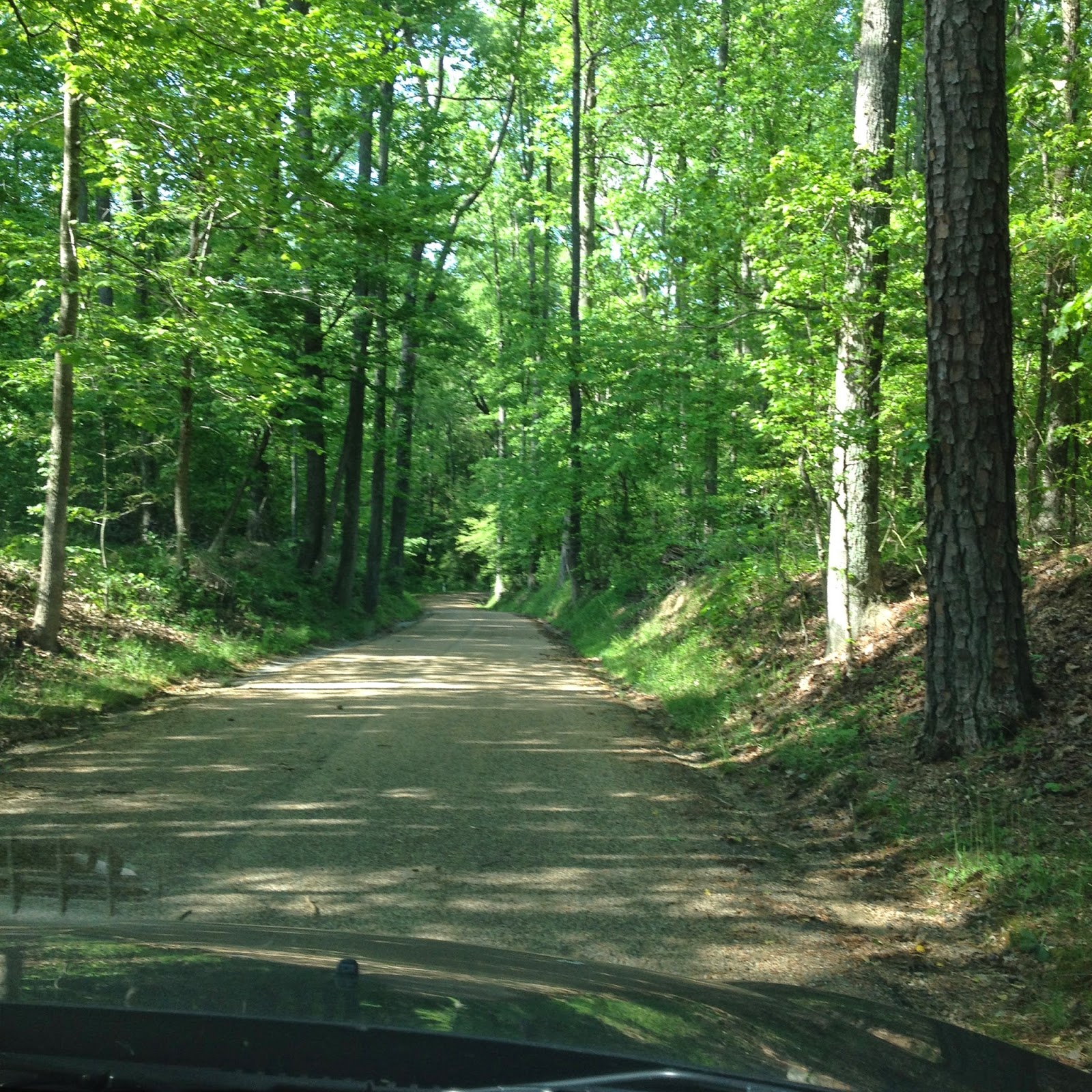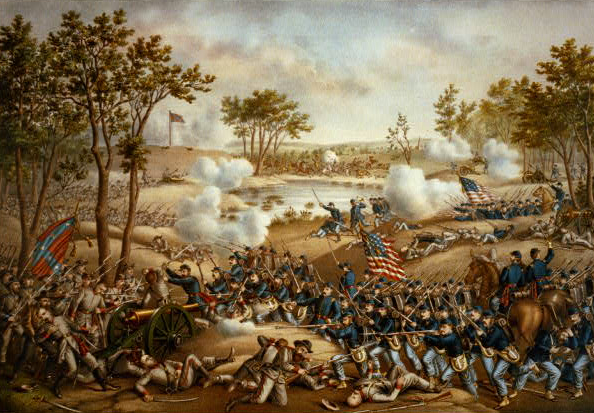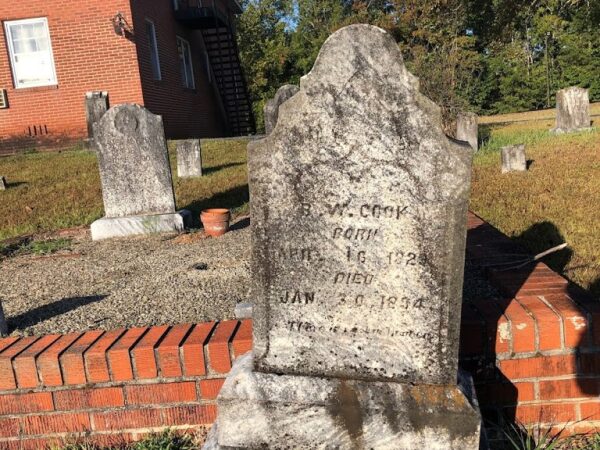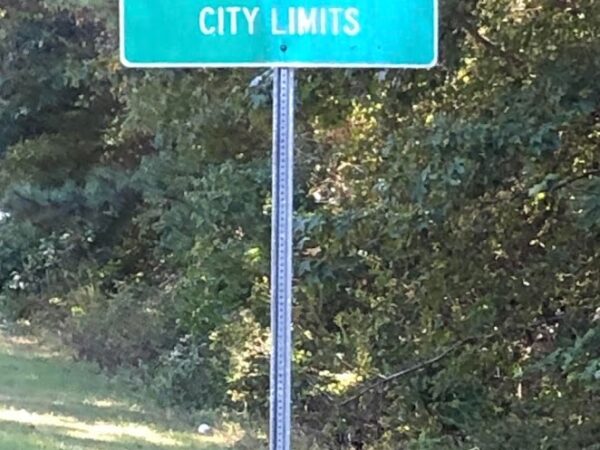The enemy was coming. Confederate soldiers worked feverishly, digging with whatever tools they had and throwing the heavy soil up, creating mounds along the ever deepening trenches. Would the trenches be enough? Would they have time to complete them before the arrival and attack by the massive Union Army? It was the end of May in 1864 and James Blackmon and Burton Cook were at Gaines Mill, preparing for what would be known as The Battle of Cold Harbor. Weary from 3 years of war, the soldiers pushed to build earthworks, gun pits and trenches. Although they were often outnumbered in their battles, experience had taught them that the primitive barricades made a difference, often providing the edge they needed in their battle against their Yankee aggressors.

|
| Battle of Cold Harbor, throwing up breastworks Forbes, Edwin, 1839-189 |
It had been a little over two years since David Ganus had died in Winder Hospital in Richmond, Virginia (see his story here). Brothers-in-law James Blackmon and Burton Cook had managed to survive while fighting with the Georgia 53rd Regiment, Company C, known as “The Fayette Planters.” James, however, had been wounded in the left arm and shoulder at Spotsylvania in 1862, and would suffer the rest of his life as a result, so his continued participation in the war could not have been easy. Over the course of the war, the regiments, the supplies and the rations had become increasingly smaller, and yet the battle raged on, each side determined to win and return home.
 |
| The remains of trenches dug by CW soldiers |
James and Burton had seen and experienced much in the two years since David had died, things that they would never forget. Many of their friends and neighbors had lost limbs, their sight, or their lives in that time. Were they aware that a younger brother-in-law, James Ganus, who fought with the Georgia 44th, Company G, had been discharged in July of 1863? James Ganus was shot at Sharpsburg and additionally had contracted an illness which left him partially blind and consequently he was found unfit for service and sent home.
Did they know of the depredations and hardships faced by their families back home? James Blackmon and Burton Cook had married Ganus sisters, Mary and Margaret. The women lived in close proximity to one another just outside of Atlanta during the long absence of their husbands.
The stories and details of my ancestors and their families raced through my mind as we visited the various Civil War sites on our recent trip to Virginia. Understandably, the day we visited the Cold Harbor Battlefield Park in the area of Gaines Mill, my thoughts focused on James Blackmon and Burton Cook who had fought there.
| Road driving into Cold Harbor Battlefield Pa |
We left the interstate and turned onto a winding rural road as we made our way to the park, and I wondered where the Fayette Planters had camped. It was hard to comprehend that well over 100,000 Union soldiers and more than 60,000 Confederate soldiers had converged on this area for the battle. Do you ever find yourself wishing you could travel back in time and take a peek into your ancestor’s life for just a moment? While I really didn’t want to see all of the horrors associated with this battle, I did find myself wishing that I knew more about what James and Burton had actually experienced here.
We turned off the paved two lane road onto a dirt road leading to the main portion of the park. The road was lined with dense trees and I was once again in awe of the beauty of Virginia. It was hard to believe that this had been the scene of the long and brutal Battle of Cold Harbor.
After following the dirt road for a few miles, we pulled into the parking lot. It was a beautiful area with lush green fields surrounded by dense trees. Historical markers provided basic details about the battle and reminded us that despite it’s current beauty, many men had lost their lives here.
We decided to follow one of the marked trails that led into a wooded area. Little streams of water trickled here and there and the trees filtered the sunlight, creating dense shade. Having read about copperheads and rattlesnakes in Virginia, I felt a little wary and wondered if they had posed a problem for the soldiers.
 |
| Walking the trail at Cold Harbor Battlefield |
As we continued along the path, I was taken by how still and peaceful it was there. I stopped and looked around and tried to imagine what it must have been like in May and June of 1864 for both Confederate and Union soldiers. I could easily imagine the scenes portrayed in movies about this battle with men running through the trees, gunfire coming at them from every side, the smoke from the rifles and muskets thick in the air. Did James and Burton crouch behind the mounds with hearts pounding as they fired upon oncoming troops in one of the bloodiest fights of the Civil War?
They had been there. Along with thousands of other soldiers, James Blackmon and Burton Cook had been there on June 1, 1864, and it was there during the Battle of Cold Harbor that both men were captured by Union Troops. They were initially taken to Point Lookout in Maryland and then in July they were transferred to the prison camp called Elmira in New York. (You can read Burton’s Story here and James’ story here)





Every time I read the numbers of soldiers at a particular battle, it takes my breath. I can't picture it. The location never seems big enough for that many people. I start thinking about the population — who was left at home???
One of my ancestors was a prisoner at Elmira too — he died there.
It's incredible, Michelle, having seen your photographs of the area as it stands now, to imagine that peaceful rural scene filled with the smoke, men's shouts, and explosive sounds that surely were in that place. It is hard to imagine it all, as you said, but I'm not sure I'd want even a glimpse of the horror your ancestors must have experienced during–and after–that time.
Michelle,
You're such an excellent writer! Thank you for sharing your experience of walking where your ancestors walked.
I want to let you know that your blog post is listed in today's Fab Finds post at http://janasgenealogyandfamilyhistory.blogspot.com/2014/06/follow-friday-fab-finds-for-june-27-2014.html
Have a wonderful weekend!
I don't either Jacqi and yet I have this insatiable desire to know more about them and their lives. Unfortunately, I don't think that they were a particularly literate group, so I don't have the letters etc that some people have.
Isn't it mind boggling Wendy? I do the same thing and relate it to population, so I compare them to the local towns and cities of that size and I just can't comprehend it. Then I read of the number of casualties and it is so so sad.
Elmira was such an awful prison with such a high mortality rate. That is so sad about your ancestor.
Thank you Jana for the kind words and thank you for including my blog in your Fab Finds. It is such an honor.
Today it is so easy for us to look back at what transpired during those dark years of the Civil War. What is hard is to imagine is how truly terrible those years must have been. Our ancestors both on the war fronts and at home must have experienced so much fear. We could learn from their courage!
I agree that it is really hard in the comfortable circumstances that most of us find ourselves in to really imagine how hard those years were and that we can learn much from them and their lives and choices. Thanks for dropping by Cindy!